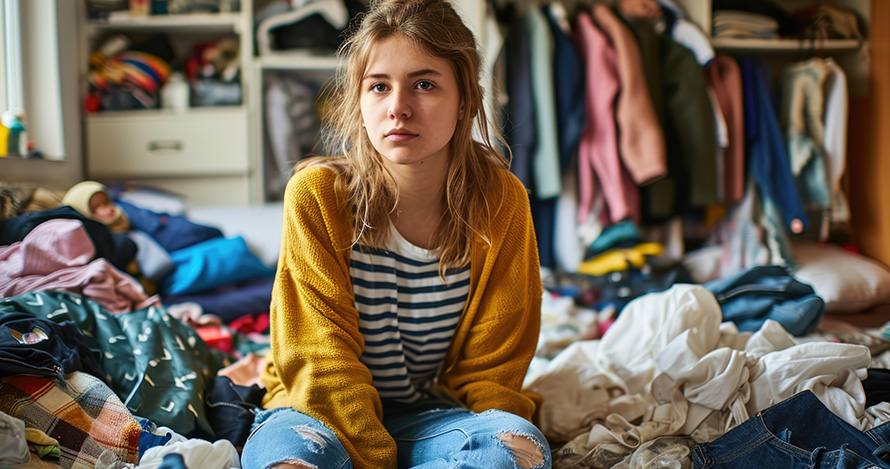As the 2024 election season unfolds, young people turn to social media to get news and form opinions on polarizing issues--with teens spending as many as 3.5 hours a day on favorite channels from Instagram to Snapchat. And as Miami's housing affordability crisis looms, older teens scale back plans to move out of their parent's house and retreat to phones in the journey to adulthood. With Mental Health Awareness Month in May and youth crisis raging, parents take action to promote children's digital moderation, respectful dialogue and civic engagement.
Election Equanimity: With elections in six months and counting, use democracy's sacrament to discuss policies and democratic values and channel passion into community action. Guide them with tips for productive, calm discussions. Encourage connecting with friends, journaling and acknowledging complex emotions, advises jedfoundation.org. "We recommend that youth practice self-care including moderating their news intake. We also urge young people to consider channeling their concerns into civic engagement. There are many ways for youth to get involved in the civic process, from voting for the first time to volunteering with others who are passionate about creating change," it says. “Getting involved with school, peer and community groups working to effect change creates a sense of social connectedness that can counteract feelings of hopelessness or resignation.”
In "Emerging Issues that Could Trouble Teens," Stanford Medicine's Vicki Harrison says the "sheer volume of news online can feel overwhelming." Harrison administers Good for Media, which discusses healthy use of social media and news online navigation. Remember tone in political and cultural debates about identity like religion, race, national origin or gender, which "affects adolescents at a crucial time in their development, a period when they are exploring who they are." “Harrison believes that any calls for solving the mental health crisis must acknowledge the critical importance of inclusion, dignity and respect in supporting the mental health of young people.”
Honors Calculus to AI Challenges: Amidst academic pressures, digital distractions and the AI onslaught, SaferWatch advises kids to seek out family members and teachers to work through school challenges. "Boundaries should include study sessions with breaks in between along with achievable goals. This will help ensure that students don't overextend themselves beyond what is reasonable. Seeking out trusted individuals provides the assistance needed by some pupils dealing with stressful situations, academic related or not. Doing so brings comfort, which promotes better decision-making overall when facing obstacles head-on during educational pursuits," it says. “How much attention, care and enthusiasm is given towards helping them succeed in life plays a huge part in maintaining healthy wellbeing.”
Family Media Plan: The U.S. Surgeon General's Advisory on Social Media and Youth Mental Health reports a third of youth 13-17 use social media almost constantly, while excessive use is associated with higher rates of depression and anxiety and reduced use is linked to increased life satisfaction. Girls may face lower self-esteem, negative body image and disordered eating. The advisory guides parents to empower children to be responsible online and even create a family media plan for technology boundaries. It offers a tip sheet like to avoid forwarding or sharing messages or images, telling others to stop and reporting offensive content; and developing protective strategies and healthy practices for social media use.
Kathleen Parker in The Washington Post discusses "The Anxious Generation" book's statistics that adolescent depression and anxiety rates rose by 50 percent from 2010-19 just as smart phones achieved world domination. So make sure this summer that your children power off devices (along with parents!) for some fresh air playtime in the neighborhood. "Play teaches us to be creative and to be good sports, to estimate risk, to fail and jump back up."

